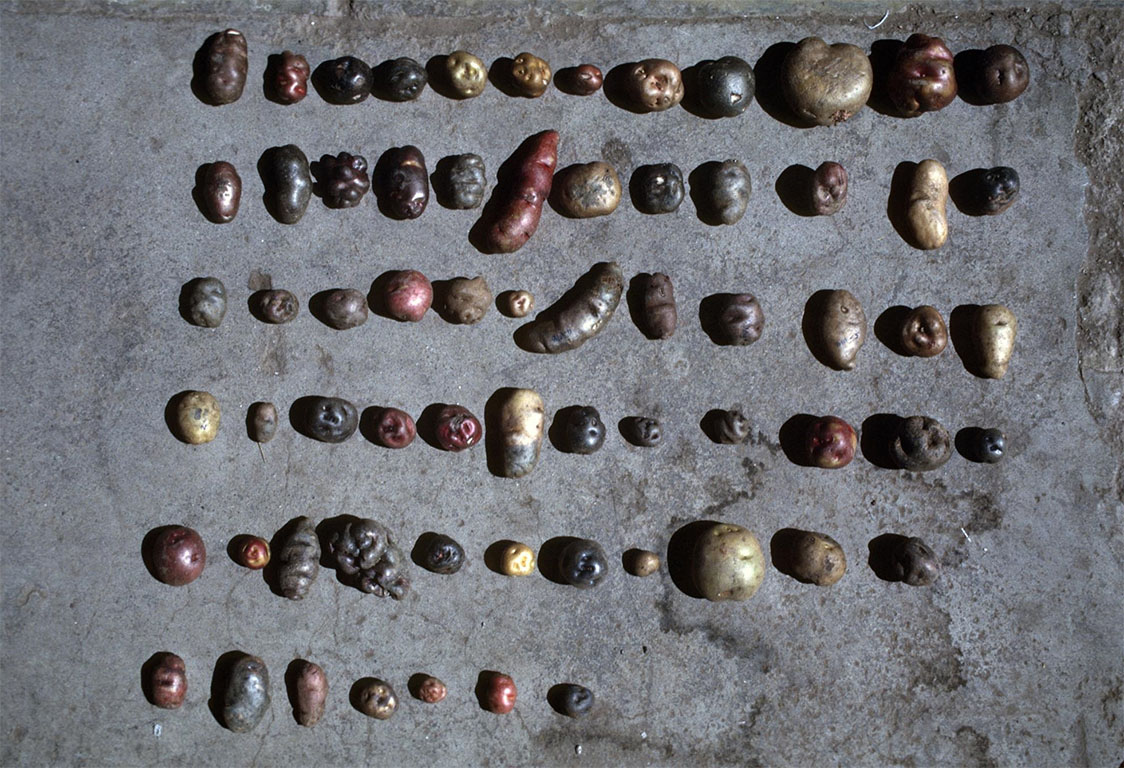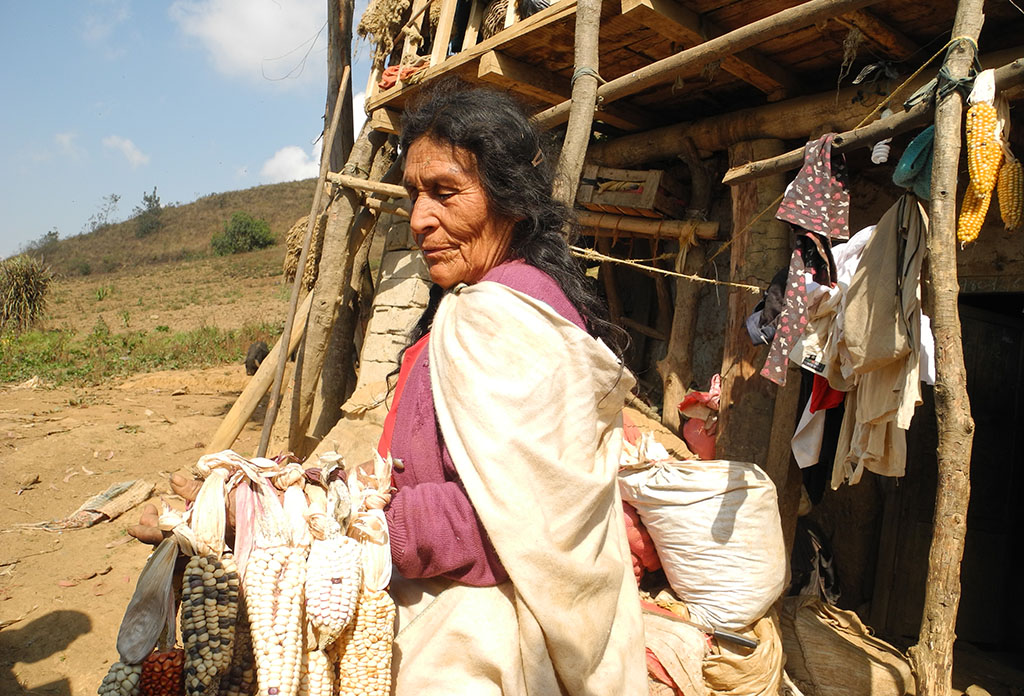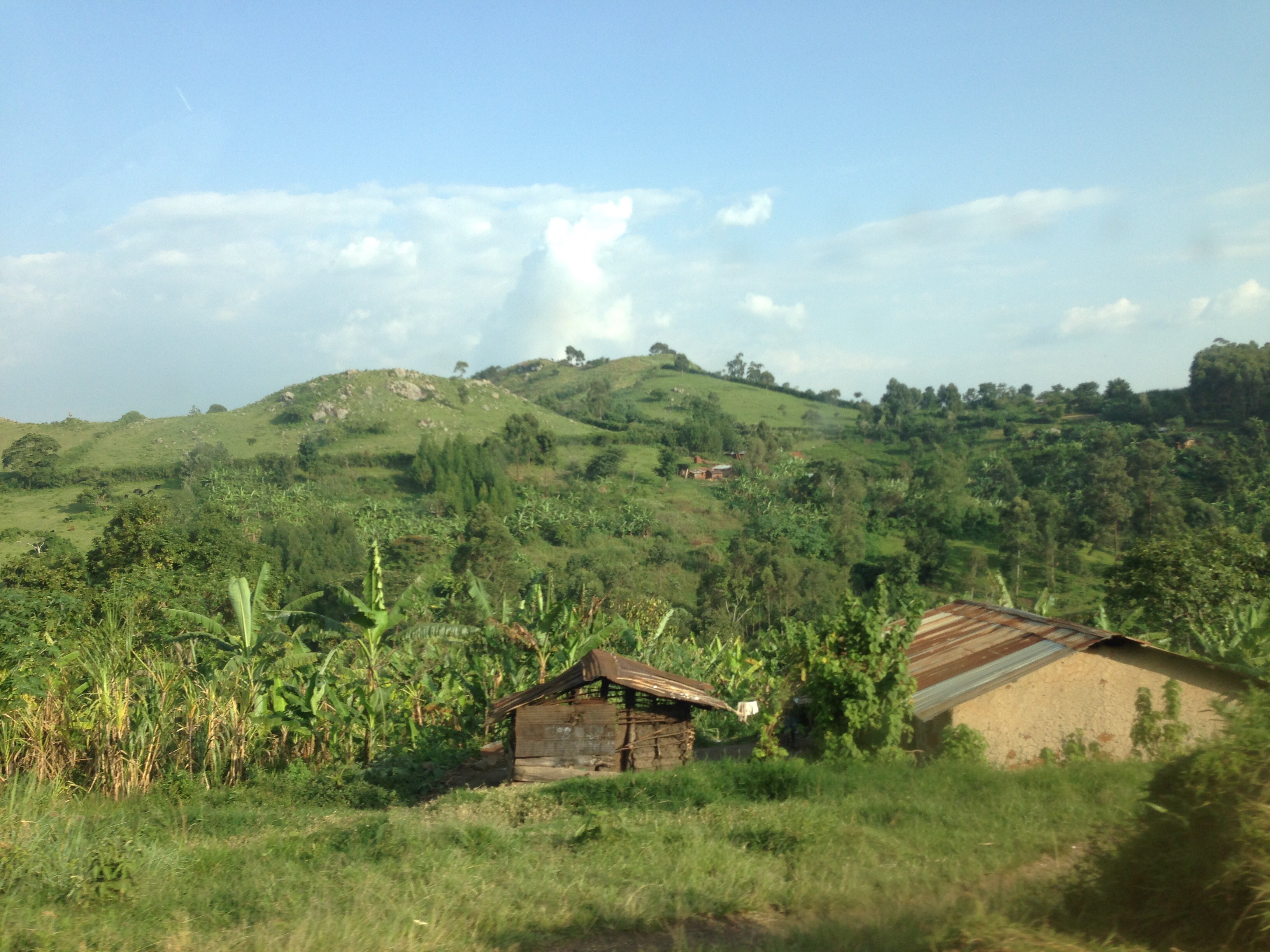We Study the Human-Earth Systems of
Agrobiodiversity, Food, Land Use, Climate Change,
Livelihoods, Sustainability, and Political Ecology.
Our Research Contributes to
Knowledge, Understanding, and Communication of
Policy-Relevant Science and Scholarship.

Agrobiodiversity & Food
Agrobiodiversity, Food/Land Use, and Sustainability in Urban-Rural Systems
Agrobiodiversity is the biodiversity of agriculture that includes associated techniques, technologies, cultural practices, knowledge systems and social relations such as networks and governance factors. One principal focus of the GeoSyntheSES Lab is the interactions of agrobiodiversity. These interactions may be ones within agroecosystems (e.g., plant diversity interactions with soils, pests, disease, etc), as well as with land use and food systems. This research in the Lab also investigates the impacts of urban-rural systems and such interconnections as migration and markets.

Water, Climate Change & Livelihoods
Resources, Intensification, Conservation, and Resilience in Agrobiodiversity Strategies
Interest in agrobiodiversity is expanding with regard to resilience in responding to shocks associated with socioeconomic and environmental changes, such as climate change and livelihood changes (e.g., migration and transitions to part-time land use). Our research on the conservation of agrobiodiversity emphasizes dynamic contexts. One emphasis is the combined social and environmental goals of intensification to improve food security and enhance food sovereignty and agrobiodiversity use and conservation. This research also includes an emphasis on the analysis of resources related to agrobiodiversity strategies (seed systems, soils/water resources) and forms of social capacity, organization, and empowerment such as community and learning groups and social movements.

Sustainability & Human-Earth Systems
Human-Environment Approaches and Models Integrating the Natural and Biogeophysical Sciences with the Social Sciences
Contributing to sustainability is the paramount goal of the GeoSyntheSES Lab. We are highly active in the use and development of conceptual, theoretical, and methodological approaches that integrate across both the biogeophysical sciences and the social sciences. Agrobiodiversity science and studies anchor many of the approaches to sustainability used in the Lab. In addition, much of the Lab’s research involves so-called grounded theory case studies that are engaged with the development of theory through scientific and scholarly applications and study. Conceptual frameworks currently used and developed in the lab are social-ecological systems, political ecology, sustainability science; development studies; food and environmental justice; conservation biology; agrarian studies; science and technology studies; integration of socioeconomic, cultural, and historical analysis; and urban, regional, and landscape planning.

Political Ecology, Culture, & Landscapes
Environment and Justice in Landscape and Territorial Designs for Sustainability/Conservation
Political ecology, broadly integrating environmental and ecological science with socioeconomic analysis, is a common thread in much research in the GeoSyntheSES Lab. The focus on political ecology often incorporates spatial (often geospatial) and territorial dynamics of environmental initiatives for sustainability and conservation. Considerations and concerns of justice and equity are part of these initiatives and the socioeconomic analysis of the Lab’s research. In general, the approach taken believes integrated environment-society research and analysis to be highly important to research initiatives. Such initiatives include protected areas and landscapes (e.g., parks, biosphere reserves, buffer zones) and land use and rural, urban, and regional planning.